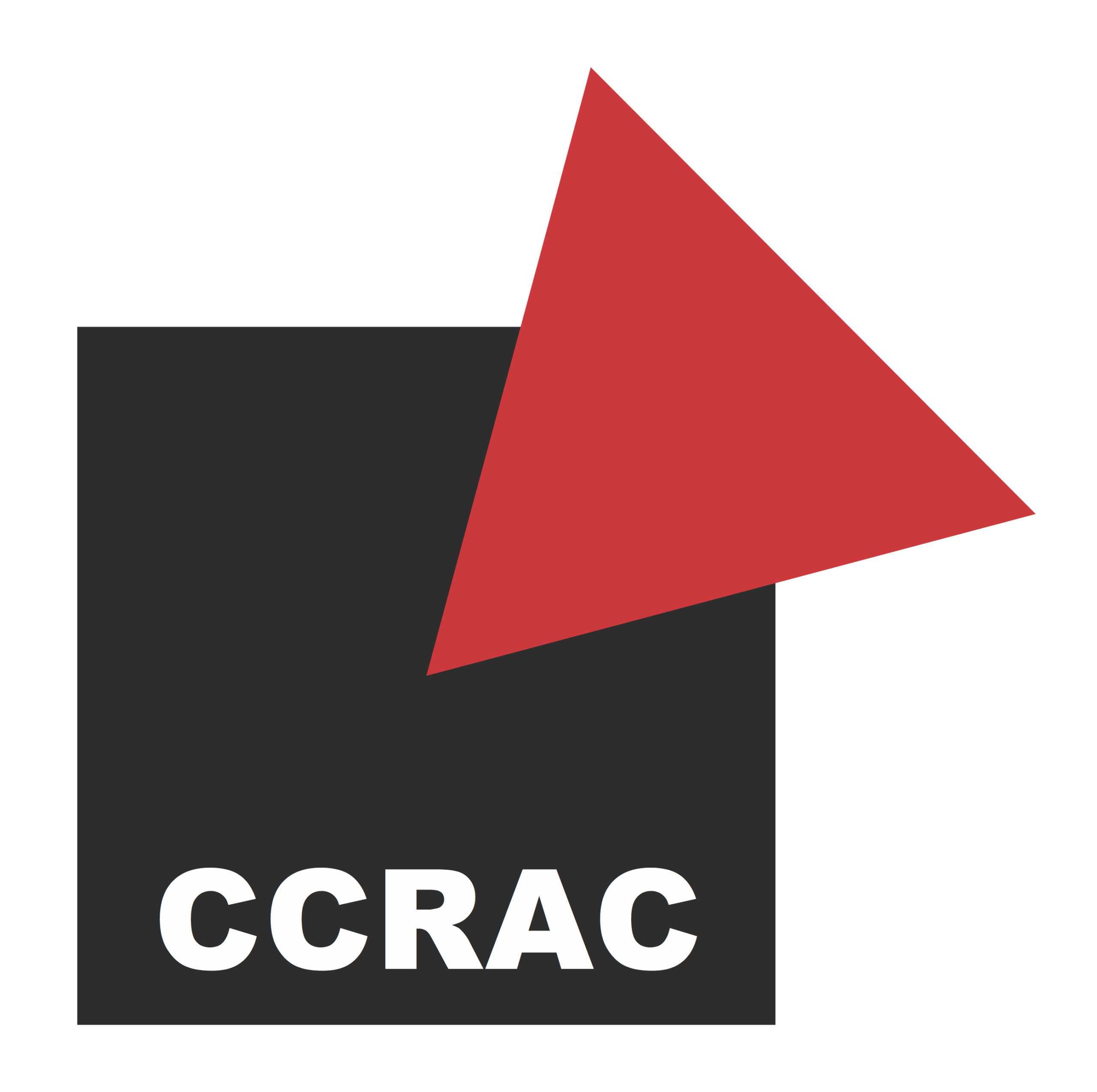
25 to 26 November 2011
Kenneth Clark Lecture Theatre, The Courtauld Institute of Art, London
Speakers
Mark Bassin (Center for Baltic and East European Studies, Södertörn University), Birgit Beumers (University of Bristol), John Bowlt (University of Southern California – Institute of Modern Russian Culture), David Crowley (Royal College of Art), Nicholas de Mesquita (The Courtauld Instiute of Art), Evgeny Dobrenko (University of Sheffield), Jana Howlett (University of Cambridge), Maria Kokkori (The Courtauld Institute of Art), Christina Lodder (University of Edinburgh), Maria Mileeva (The Courtauld Institute of Art), John Milner (The Courtauld Institute of Art), Mike O’Mahony (University of Bristol), Richard Pare (photographer, curator), Nikolai Ssorin-Chaikov (University of Cambridge), Maria Starkova (The Courtauld Institute of Art), Maria Tsantsanoglou (State Museum of Contemporary Art – The George Costakis Collection), Sarah Wilson (The Courtauld Institute of Art)
Organisers
Professor John Milner and Drs Maria Kokkori and Maria Mileeva
Download Programme
Download Abstracts
Conference Summary
Following in the footsteps of the conference ‘Utopia I: Russian Art and Culture in 1900-1930’ – held at The Courtauld in May 2011 – UTOPIA II is designed as a chronological extension of the themes and topics raised by the notion of utopia as a specifically Russian construct. The period covered in the papers of the conference – from 1930s until 1989 – will span the final half-century of the Soviet regime. Intended as a broad interdisciplinary project, the conference will investigate Soviet notions of utopia and dystopia, through social, artistic, literary and ideological intersections. Potential subjects to be examined in the context of Utopia in Russian art and culture include: philosophy, painting, architecture, town planning, theatre, music, literature, and cinema.
The utopian intellectual tradition has a long history that some trace back to Plato’s Republic, even though most scholars consider Thomas More’s Utopia as the definitive starting point of modern utopian thought in the Western world. Utopia comes from the Greek ου (no) and τóπος (place) and implies both the no place and the (eutopos) good place; the not-yet and the possible, the nothing and the perfection.
Utopias conveyed as a transformation, are entrenched in the culture and time in which they have emerged. Utopia and Utopianism in Russian art and culture vary from concrete images of a better place to abstract notions of a future state of freedom; they also range from spatial to temporal models. Utopian ideas in Russia were defined not as ideas in direct opposition to reality, but as objects of potential historical realisation.
The conference is organised by the Cambridge Courtauld Russian Art Centre (CCRAC) and coincides with the exhibition at the Royal Academy ‘Building the Revolution: Soviet Art and Architecture 1915-1935’. Following the conference on Saturday, the Royal Academy will host a special reception that will allow everyone from the conference to see the show.

